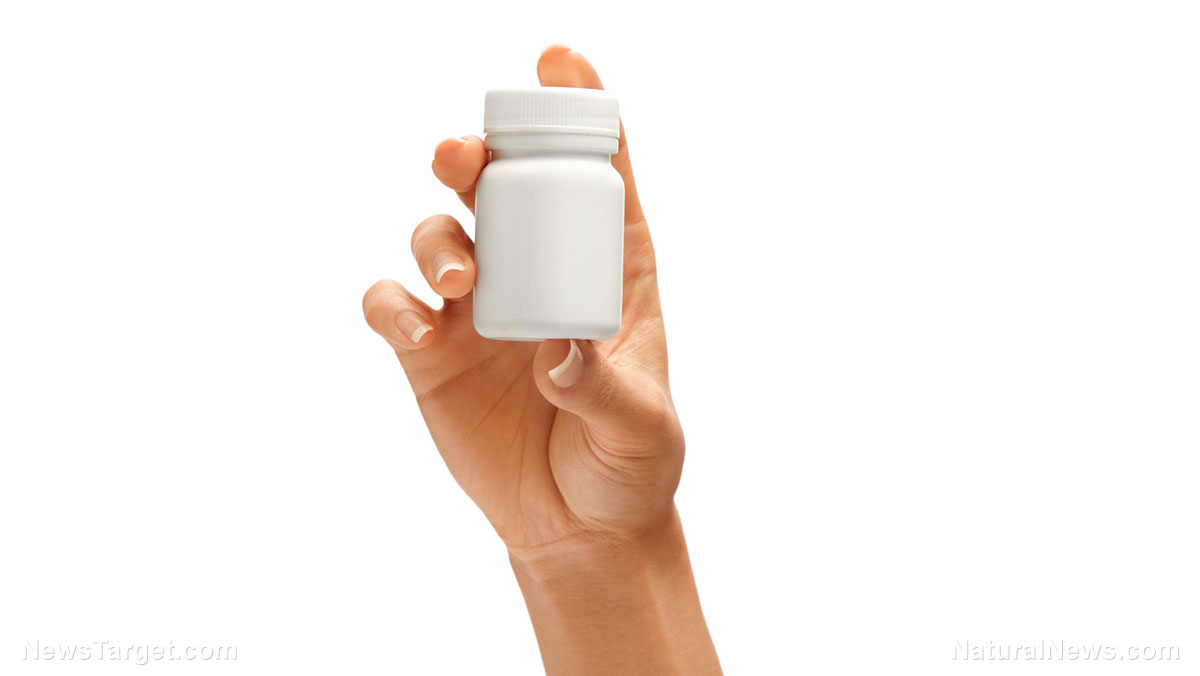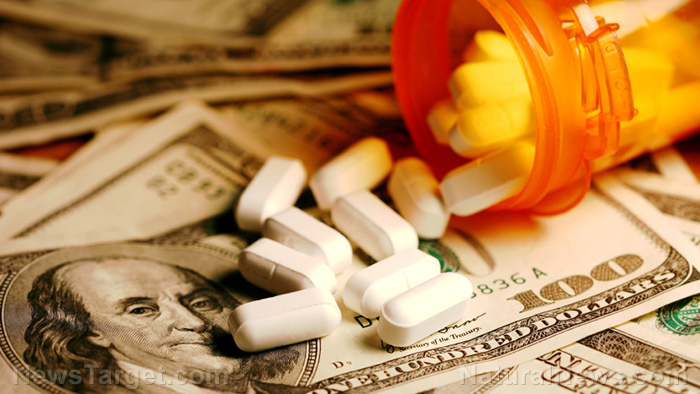CONFIRMED: Amazon going all-in with Big Pharma, plans to launch online pharmaceutical sales to earn billions in drug profits
07/27/2017 / By JD Heyes

Retail behemoth Amazon, which is already being eyed by some lawmakers who are concerned about its attempts to monopolize virtually every industry the company ventures into, is now aiming for complete dominance over Big Pharma, which will lead to monopolization of the retail drug market.
As reported by the U.K.’s Daily Mail, there was much speculation within the industry that Amazon was set to enter the multi-billion-dollar drug industry after the company began hiring a team and making preparations related to the healthcare industry.
CNBC noted that the retail giant believes it could rake in some $50 billion per year in drug sales and profits.
The Jeff Bezos-owned company has also reportedly hired a top technology executive, Missy Krasner, the former vice president and managing director of Box’s healthcare and life sciences group. While her official role has not yet been defined nor title conveyed, reports suggested she would be working for Amazon Web Services, the company’s cloud division.
“Amazon is investing heavily in health across a number of different areas, and another source said Krasner has been talking to Amazon Web Services for several years about a potential move,” CNBC reported in a separate story.
Amazon began selling medical supplies in the U.S. in May.
Clients of Amazon Web Services already include big health corporations and Big Pharm names like Bristol-Myers Squibb and Orion Health.
Like he has with the online retail business, Bezos appears to be shooting for the entire healthcare market — not just Big Pharma — say some analysts. (Related: Amazon running deceptive pharmaceutical ads on its website, promoting dangerous drugs as if they were vitamins.)
“I would expect a marketplace of sorts for consumers to choose a doctor or service, and schedule it,” said Tom Rodgers, managing director of McKesson Ventures, a large medical distributor, in an interview with the financial news network.
“I wouldn’t be surprised to see them partner with a pharmacy home delivery company first,” he continued. “Only after they can prove they can deliver demand, then (Amazon could) make their own investments.”
Currently, Amazon ranks as the fourth-largest U.S. business, taking in a whopping 43 percent of all online sales throughout the country.
In May, Natural News reported that Bezos was set to enter the Big Pharma market, no doubt in a bid to become the country’s biggest pusher of toxic drugs, all in a quest for even bigger profits:
In 2016, worldwide drug sales reached an all-time high of 967 billion U.S. dollars; sales in the United States alone accounted for almost half of that figure, at $446 billion. And Amazon has been considering how it can get a piece of that pie for some time now.
This isn’t the first attempt Amazon has made to invade the profitable pharmaceutical market. In the 1990s the company bought an online startup called Drugstore.com, but that early attempt to penetrate the drug-selling market failed. The site is now owned by Walgreens, and of course, that chain is a major player in the retail pharmaceutical sector.
Amazon has also recently entered another industry — the retail food industry — with its purchase of organic brand Whole Foods, which has 460 stores (nine in the U.K.). Some believe that the company will mate its grocery business with its foray into the pharmaceutical industry, providing in-store drug sales, an ironic development considering that Whole Foods deals in clean foods while Big Pharma very often deals in toxic substances that poison the body.
The only thing holding Amazon back is the U.S. regulatory regime that governs the pharmaceutical industry; while far from perfect, it is nevertheless a formidable hurdle Amazon must still overcome before being able to sell its first pill or capsule online.
J.D. Heyes is a senior writer for NaturalNews.com and NewsTarget.com, as well as editor of The National Sentinel.
Sources include:
Tagged Under: Amazon, Big Pharma, drug profits, Jeff Bezos, online drug sales, Pharmacy, prescription medications, Whole Foods




















